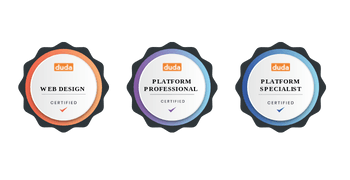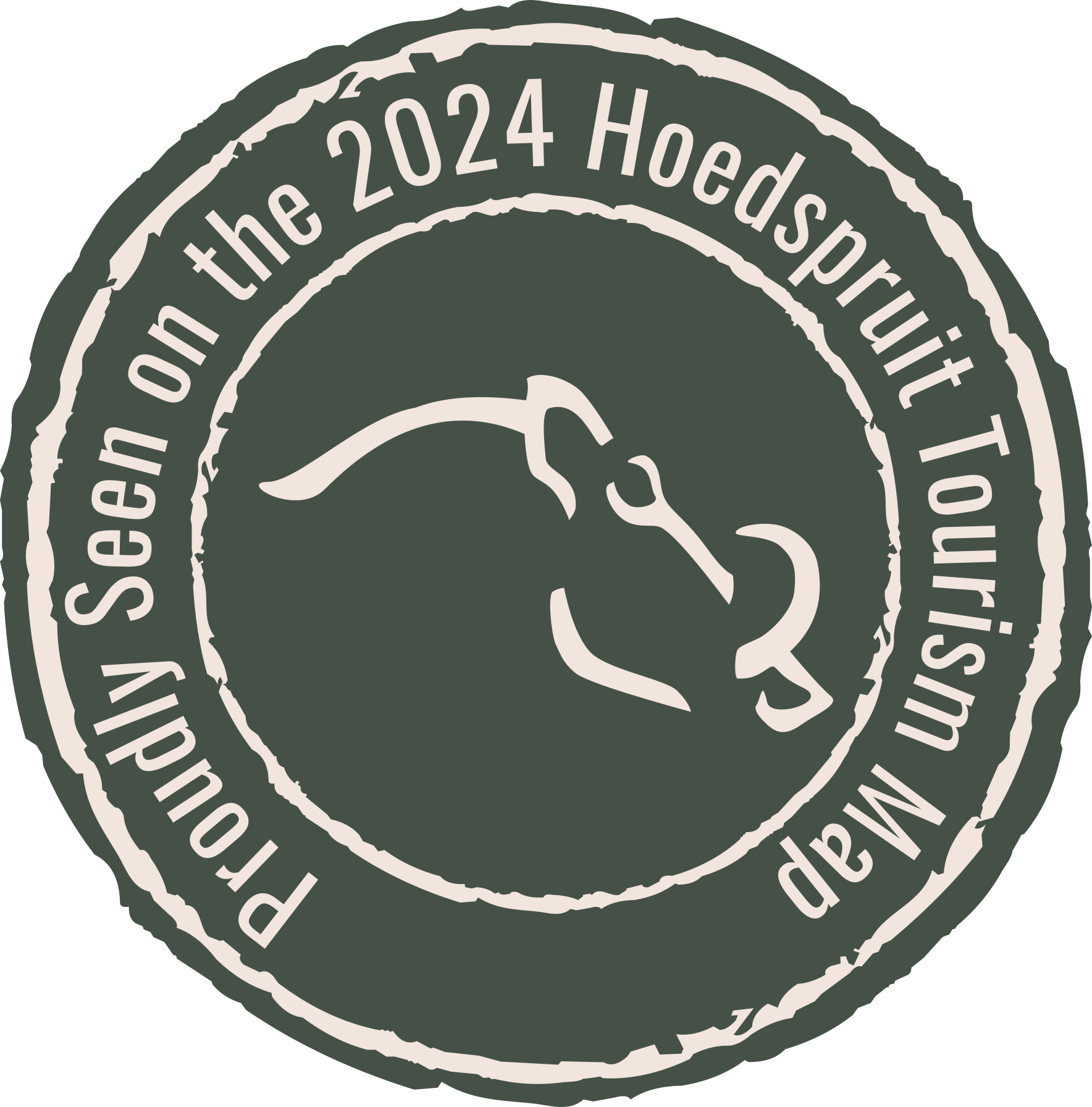Unlock the power of AI for Tourism
We are incredibly excited about how AI will impact this industry and how it will transform Tourism Marketing. Join us to stay ahead of the curve
What is AI for Tourism? and Why does it matter?
AI for tourism leverages artificial intelligence to enhance the travel experience by personalizing services, automating customer support with chatbots, and optimizing operational efficiency. It enables businesses to analyze data for better insights into traveler preferences and market trends. As travelers seek tailored experiences, AI is essential for companies to stay competitive and responsive.
Empower your Tourism business through AI.
The tourism industry is in the midst of a technological revolution, with Artificial Intelligence (AI) emerging as a critical tool for businesses looking to enhance their operations, improve customer satisfaction, and drive growth. As the travel landscape evolves, leveraging AI can empower your tourism business to stay ahead of the competition and meet the changing needs of today’s travelers. Here’s how you can harness the power of AI to transform your tourism business.
Enhancing Customer Experience
At the heart of any successful tourism business lies a commitment to exceptional customer service. AI can significantly enhance the customer experience by offering personalized interactions and support. AI travel chatbots, for instance, provide instant assistance to travelers, answering queries ranging from booking details to destination information. This 24/7 availability not only reduces wait times but also ensures that customers feel valued and understood.
Moreover, AI can analyze customer data to offer personalized recommendations based on individual preferences and past behavior. By understanding what travelers are looking for—be it family-friendly activities, adventure sports, or cultural experiences—you can tailor your offerings to meet their expectations, thereby increasing customer satisfaction and loyalty.
Streamlining Operations and Cost Optimization
AI also plays a vital role in streamlining operations and minimizing costs for tourism businesses. By implementing AI-driven predictive analytics, you can forecast travel trends, enabling better inventory management and pricing strategies. Understanding peak travel seasons and customer demand allows you to optimize your resources effectively, ensuring that you can meet demand without overextending your budget.
AI can also enhance operational efficiency by automating routine tasks, such as booking confirmations, cancellations, and payment processing. This not only frees up your staff to focus on more complex customer interactions but also reduces the potential for human error. Furthermore, AI can help identify areas within your operations where costs can be reduced, whether through more efficient resource allocation or by identifying fraudulent activities that may otherwise go unnoticed.
Elevating Marketing Strategies
In an increasingly competitive market, effective marketing is essential for attracting and retaining customers. AI can transform your marketing strategies by enabling more precise targeting and personalization. With advanced data analytics, you can segment your audience based on behavior, preferences, and demographics, allowing you to tailor your marketing messages to resonate with specific groups.
AI can also enhance your content marketing efforts by analyzing customer engagement metrics to determine which types of content are most effective. By understanding what resonates with your audience, you can create compelling campaigns that drive engagement and conversion rates. Additionally, AI-powered tools can automate ad placements across digital platforms, ensuring that your marketing budget is spent efficiently and effectively.
Promoting Sustainable Practices
As travelers become increasingly conscious of their environmental impact, integrating AI into your business can help promote sustainable travel solutions. AI can assist in tracking and managing your carbon footprint by analyzing travel patterns and suggesting eco-friendly alternatives. For instance, AI can recommend sustainable accommodations or activities that benefit local communities, aligning your business with the values of today’s conscious travelers.
Furthermore, AI can optimize resource management in your operations, helping reduce waste and energy consumption. By adopting smart technologies that monitor usage patterns, you can make informed decisions that contribute to a more sustainable tourism model.
AI for Tourism Articles



Talk to us about your needs
How much is it worth to your business to get this right? Send us a message, and tell us what you're frustrated with, and what you would like to get better at with your tourism business marketing. We would love to help you get back on track!
We will get back to you as soon as possible
Please try again later




